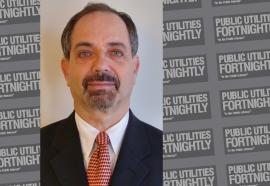New Year 2017: The Trump Administration
Change Will Occur, Slowly
It is not possible to know what priorities the new administration will pursue. It is possible for legislators, regulators, and utilities to make some assumptions: coal will continue to decline as a generation fuel, previous utility investment and court decisions will carry forward. Legislators will continue to promote generation fuel diversity to best ensure system reliability.











